4 Things to Look for When Purchasing Commercial Equipment
January 12, 2021
Investing in commercial equipment is one of the most expensive parts of establishing a commercial kitchen. Even if you’re an industry veteran, you may feel overwhelmed by the sheer number of manufacturers on the market. Once you sort through those, there are models, features, and price ranges to consider. Whether you’re new to purchasing restaurant equipment or you’ve outfitted several commercial kitchens, it’s important to practice due diligence before investing. Our checklist below will help you make sure you’ve considered all the options as you’re preparing to make your purchases.
1. Know your requirements and measurements.
It’s beyond frustrating to finally decide on a unit, have it delivered, and then realize it doesn’t work right. While it seems like such a simple step, making sure electrical, gas, and drainage requirements are some of those small steps that managers sometimes overlook. A unit that is too big or awkwardly shaped can impede movement or create cramped conditions. To prevent accidents from overcrowded kitchens, you should take into account the unit’s entire physical footprint. Don’t forget that this also includes the space taken up by unit doors as they swing open or up. With a refrigerator door fully extended, is any space impeded, or are exits blocked?
Consider also how the workers in the space will use the unit. A range often has several individuals standing in front of it for hours at a time. Do they have enough space to man their station and still allow traffic behind them? You can use simple graph paper, taped lines, or even computer modeling to make sure everything will fit. This is especially true if you’re doing new construction or renovating a space.
Finally, consider what access is like when it comes time to service the equipment. Can the equipment be worked on in place with minimal disruption to your operation? Or will it need to be pulled out, blocking the line or requiring after hours service? Are replacement parts readily available to complete repairs? Or are they specialty parts, which will delay the repair of the equipment?
2. Buy from a trusted manufacturer.
With all the expenses that come with setting up a commercial kitchen, it can be tempting to buy a unit from a lesser-known manufacturer. After all, purchasing a well-respected brand name can cost as much as an additional 5,000 to 10,000 dollars. However, it’s wise to choose a manufacturer with a history of performance and service. When in doubt, look for units’ certifications from organizations like National Sanitation Foundation (NSF)
International, Underwriters Laboratories (UL), Energy Star, Edison Testing Laboratories (ETL Intertek), and even the Federal Communications Commission (FCC). For Canadian and European markets, there are additional certifications like the Canadian Standards Association (CSA)
or the European Union (CE)
that also apply. These certifications ensure that manufacturers have followed a stringent list of guidelines
during all manufacturing and quality assurance processes.
3. Consider buying a used or secondhand unit.
Restaurants have some of the highest rates of failure of new businesses. Some statistics indicate that 70 to 90% of new restaurants fail within their first year. While this can be difficult on investors and entrepreneurs, there’s also a silver lining to this statistic. There is often lightly used commercial equipment that can be procured for a lower price than buying the equipment directly off the factory assembly line. One way to save money while still using the highest quality equipment is to consider buying used or secondhand units.
If you’re considering purchasing a secondhand unit, ask to see its service records. A newer unit with a complete service record from a reputable restaurant equipment dealer is definitely a good sign. With service company records, you can determine how many replacement parts
have been added to the unit and if it has any persistent or recurring issues. Armed with this data, you can make a more informed decision about purchasing the equipment.
4. Set up a regular maintenance schedule
with an equipment repair company.
Whether you buy new or used, regular planned maintenance is a good way to extend the life of your equipment and address any issues before they create further costlier repairs. Commercial restaurant equipment should be regularly maintained in order to stand up to spills, temperature fluctuations, and constant use in a busy kitchen. Once you procure a unit, establish a relationship with a local restaurant equipment service company. Initially, they can inspect a new or used unit to get a baseline on its condition. Next, schedule regular maintenance checks to monitor the health of each unit. When issues are addressed early and worn out parts are replaced, you’re more likely to see years of solid performance from your equipment.
Need Some Guidance for Purchasing New Equipment?
Getting a commercial kitchen up and running is a huge feat that requires careful planning and coordination. The heart of any restaurant kitchen is its equipment. By making wise purchasing decisions, you’ll outfit your kitchen with the tools necessary to operate smoothly. Once you have your equipment in place, reach out to ATECH for a planned maintenance quote. We’re an authorized service agent for over 60 manufacturers. We also provide customers with our written 90-day parts and labor warranty, backed by our 100% customer satisfaction guarantee. Let us show you why so many Tennessee businesses trust ATECH
for commercial equipment repair.
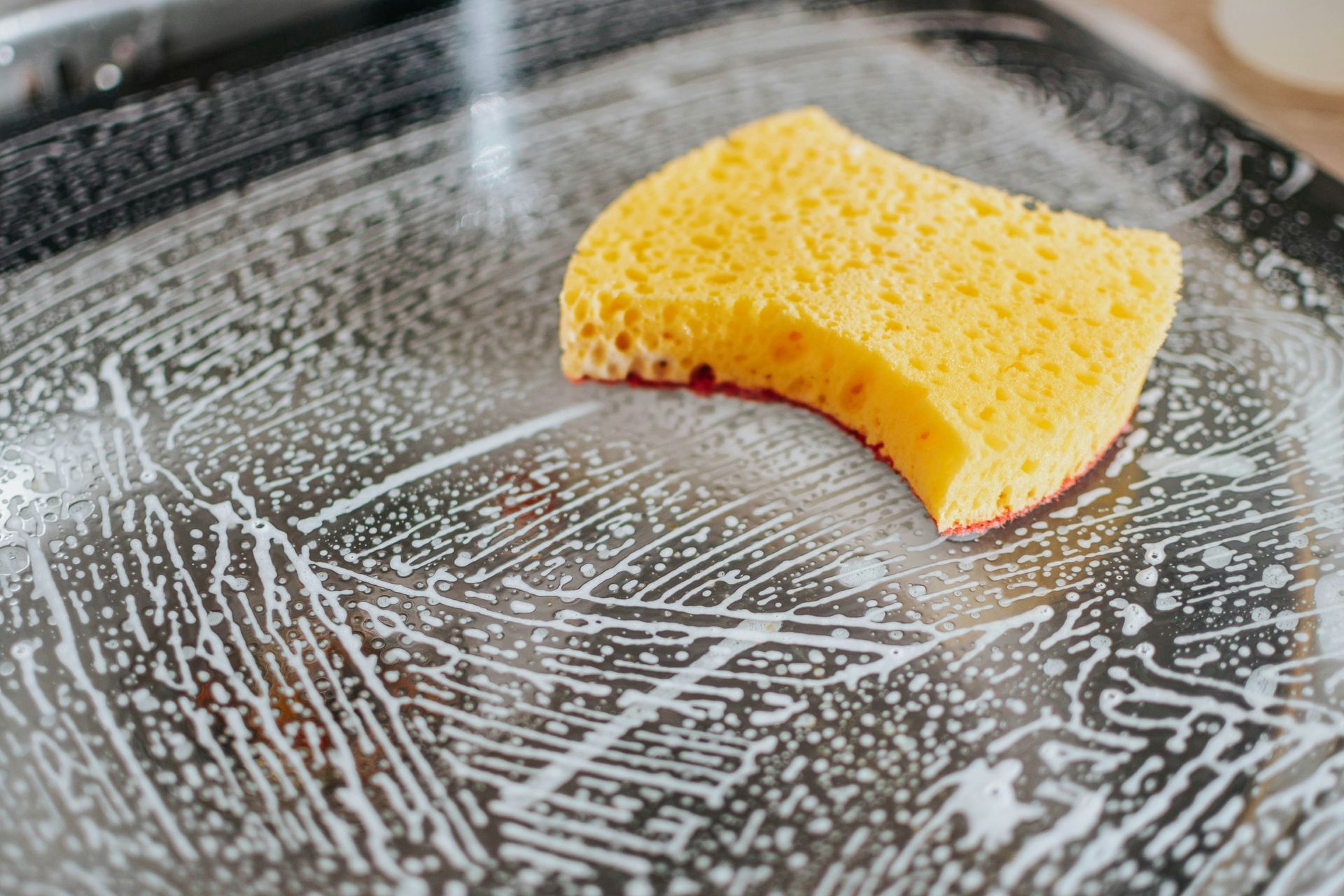
As the season changes and springtime blooms, it's the perfect opportunity to refresh and rejuvenate your restaurant space. Spring cleaning isn't just about tidying up; it's about ensuring a safe, welcoming environment for your patrons and staff. In this blog post, we'll explore some essential tips and best practices for restaurant cleanliness in the springtime. Embrace Deep Cleaning : Spring cleaning is the ideal time to tackle those deep cleaning tasks that may have been neglected during the busier seasons. From scrubbing floors and walls to deep cleaning kitchen equipment, thorough sanitation ensures a hygienic environment for food preparation and service. Focus on High-Traffic Areas : Pay special attention to high-traffic areas such as dining areas, restrooms, and entryways. These areas are prone to accumulating dirt, dust, and germs, making regular cleaning essential for maintaining a pristine appearance and preventing the spread of illness. Refresh Outdoor Spaces : If your restaurant has outdoor seating areas, spring is the perfect time to freshen them up. Clean outdoor furniture, sweep away debris, and power wash outdoor surfaces to create an inviting atmosphere for al fresco dining. Check and Replace Equipment Filters : Don't forget to inspect and replace filters in HVAC systems, refrigeration units, and ventilation hoods. Clean filters help maintain air quality and prevent the buildup of contaminants, ensuring a healthy indoor environment for both customers and staff. Engage Staff in Cleaning Initiatives : Encourage staff members to take pride in the cleanliness of the restaurant by involving them in spring cleaning initiatives. Assign specific tasks and provide training on proper cleaning procedures to ensure consistency and effectiveness. Implement Regular Maintenance Schedule : Establish a regular maintenance schedule to keep up with cleaning tasks throughout the year. By incorporating daily, weekly, and monthly cleaning routines, you can maintain a high standard of cleanliness and prevent the accumulation of dirt and grime. Invest in Quality Cleaning Products : Choose cleaning products that are effective yet environmentally friendly. Look for products that are certified as safe for use in foodservice establishments and follow manufacturer recommendations for proper application and usage. Monitor and Adjust Cleaning Protocols : Continuously monitor cleaning protocols and adjust as needed based on feedback, customer traffic, and changing regulations. Regular evaluation ensures that your cleaning practices remain effective and in compliance with industry standards. Spring cleaning is an essential aspect of restaurant maintenance that goes beyond just aesthetics. By implementing thorough cleaning routines, engaging staff members, and investing in quality cleaning products, you can create a safe, hygienic environment that enhances the dining experience for your customers and promotes a healthy work environment for your staff. As you embark on your spring cleaning journey, remember that ATECH is here to support you with a wide range of cleaning and maintenance solutions tailored to meet the unique needs of your restaurant. Happy spring cleaning!

Winter is here, and at ATECH, we understand the unique challenges businesses face in keeping their commercial equipment running smoothly during the colder months. In this comprehensive guide, we'll delve into the strategies, tips, and success stories that can help your business navigate winter effortlessly. From equipment maintenance to emergency services, consider this your go-to resource for mastering winter with ATECH. Winter Equipment Maintenance Tips Checklist for Winter-Ready Equipment: Inspect Seals and Gaskets : Ensure a tight seal to prevent cold air leakage. Check Insulation : Evaluate the insulation of walk-in coolers and freezers. Clean and Sanitize : Thoroughly clean and sanitize all equipment surfaces. Temperature Adjustment : Set optimal winter temperatures for each piece of equipment. ATech Maintenance Tips for Different Equipment: Fryers and Grills : Clean and inspect burners for efficient operation. Ice Machines : Check water lines for insulation and replace filters regularly. Heating Systems : Schedule preventive maintenance to optimize efficiency. Electronic Equipment : Keep spaces well-heated and clean to prevent malfunctions. Businesses often grapple with specific equipment failures that can disrupt operations. ATECH understands the challenges posed by heating system malfunctions, electronic equipment performance, and other issues during the colder months. To tackle these common winter-related failures, businesses should prioritize preventive measures. Regular heating system maintenance checks and air filter replacements can prevent malfunctions. For electronic equipment, maintaining ambient room temperature and conducting routine cleaning are key strategies to ensure optimal performance throughout winter. ATECH's Winter Services: A Lifeline for Your Business Winter demands a proactive approach to equipment maintenance, and ATECH stands as the lifeline for businesses navigating the challenges of the season. Our comprehensive winter services go beyond mere repair and include prompt equipment repairs, planned maintenance, and emergency services. With a commitment to same-day service for urgent winter emergencies, ATECH ensures that businesses can rely on swift resolution during critical times. What sets us apart is our team of factory-trained and CFESA-certified technicians, offering not just reliability but a dedicated partnership to keep your business running smoothly through the coldest months. Trust in ATECH, your lifeline in the winter business landscape. Winter doesn't have to be a season of uncertainty for your business. With ATECH by your side, you have a reliable partner dedicated to providing top-notch equipment repairs and maintenance services. Master winter with confidence, knowing that our comprehensive guide and expert services are here to support your business every step of the way. For personalized winter readiness assessments and expert guidance, contact ATECH today. Let's navigate winter together, and keep your business thriving.

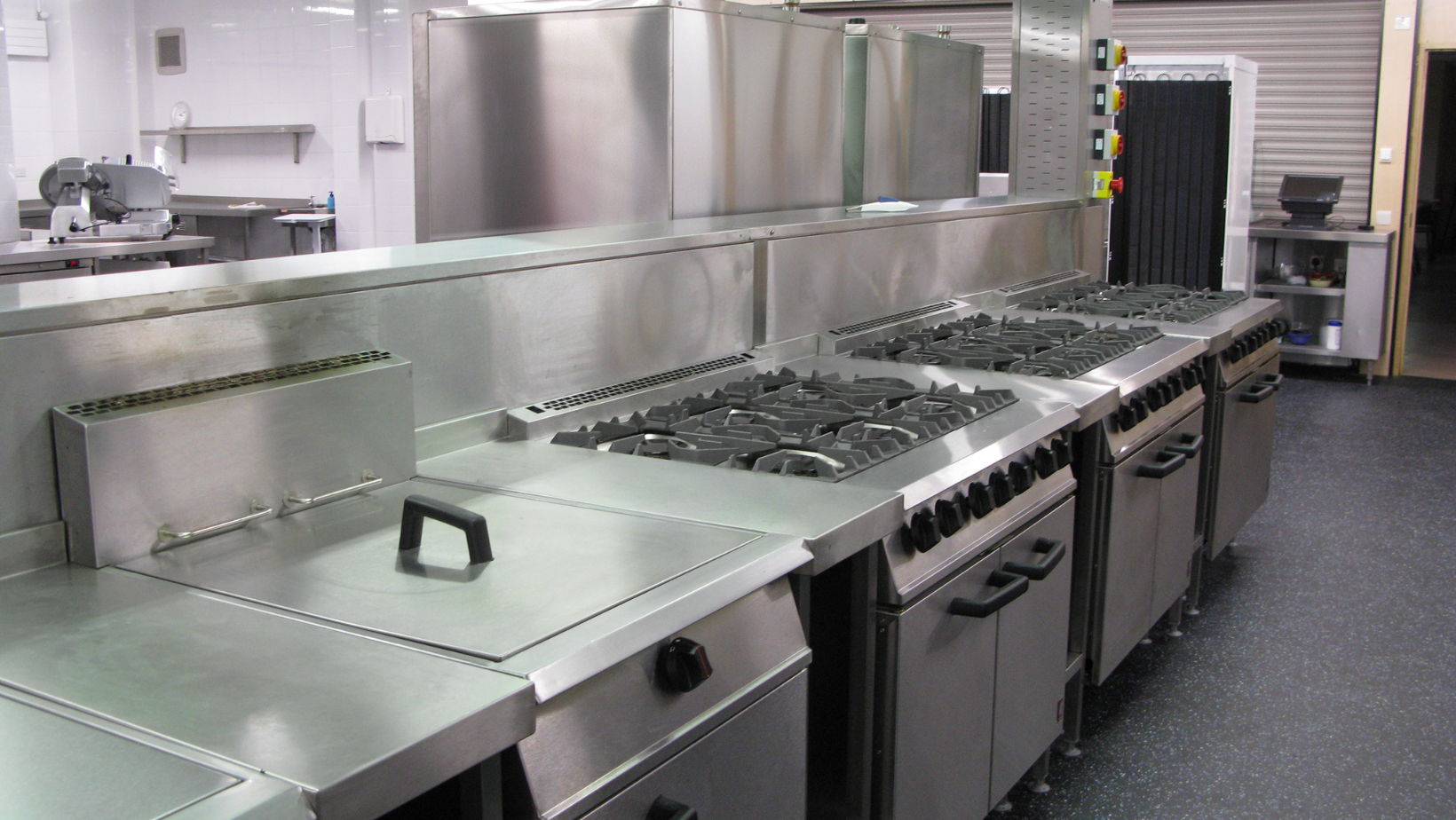
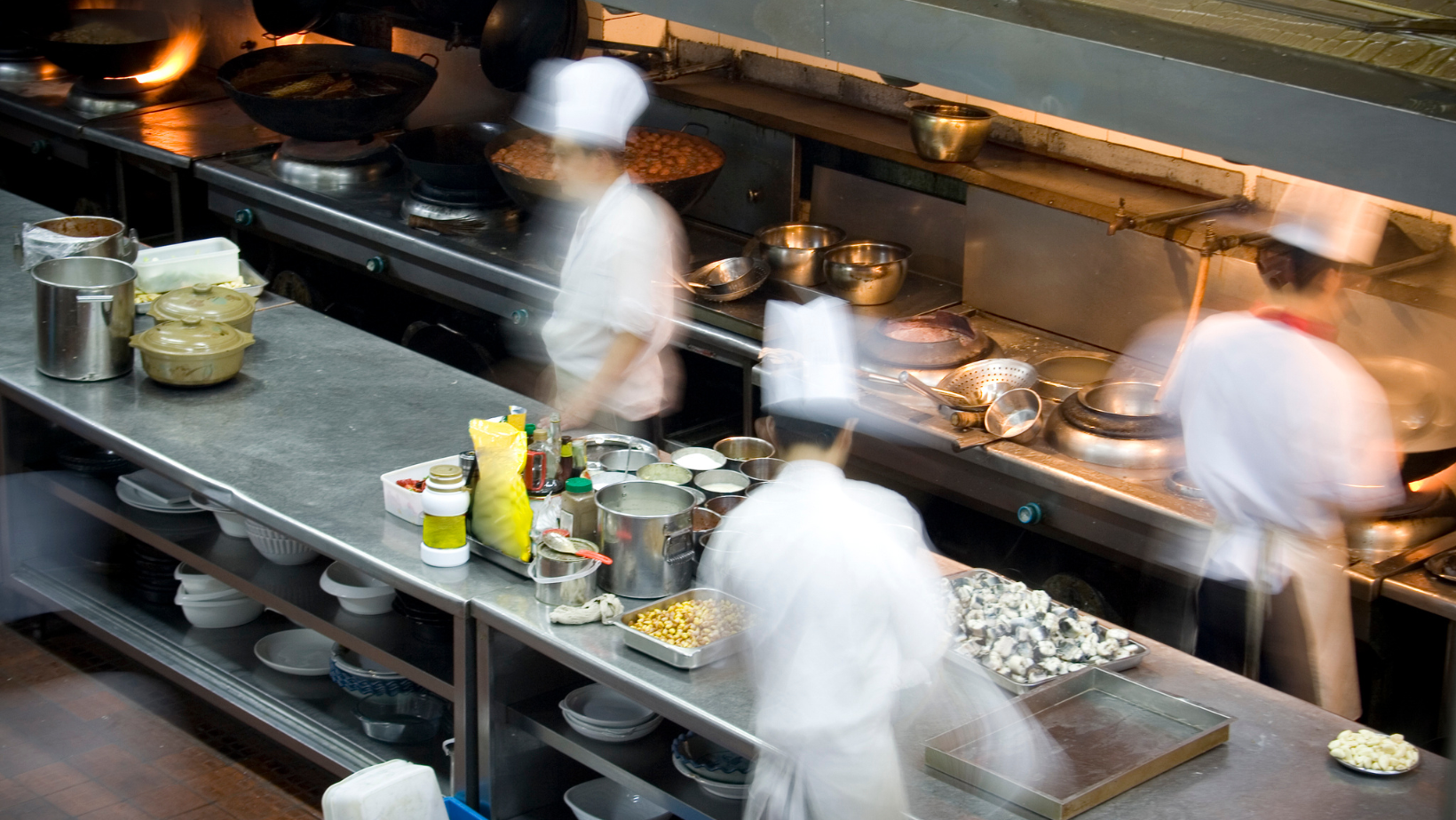

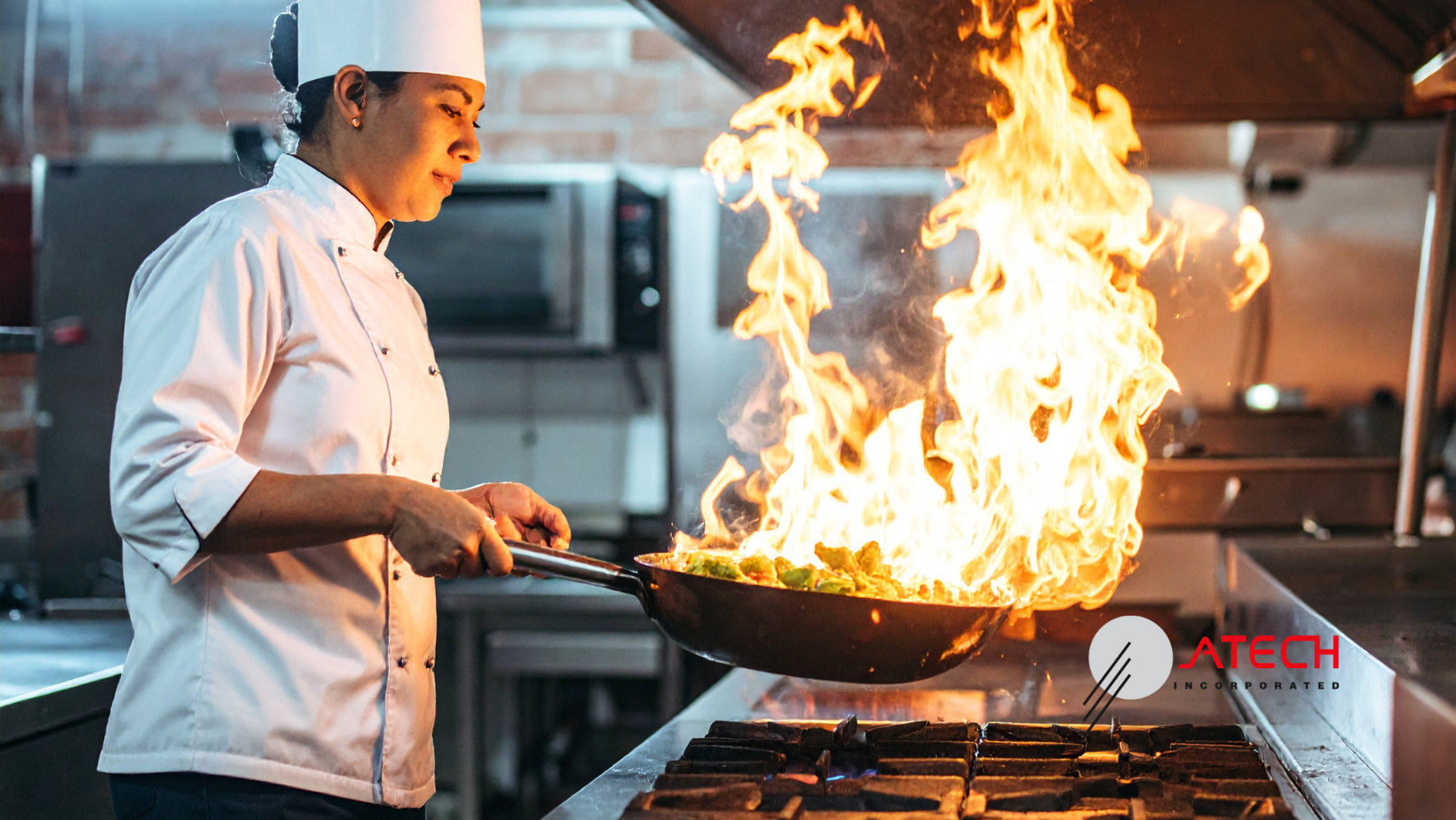


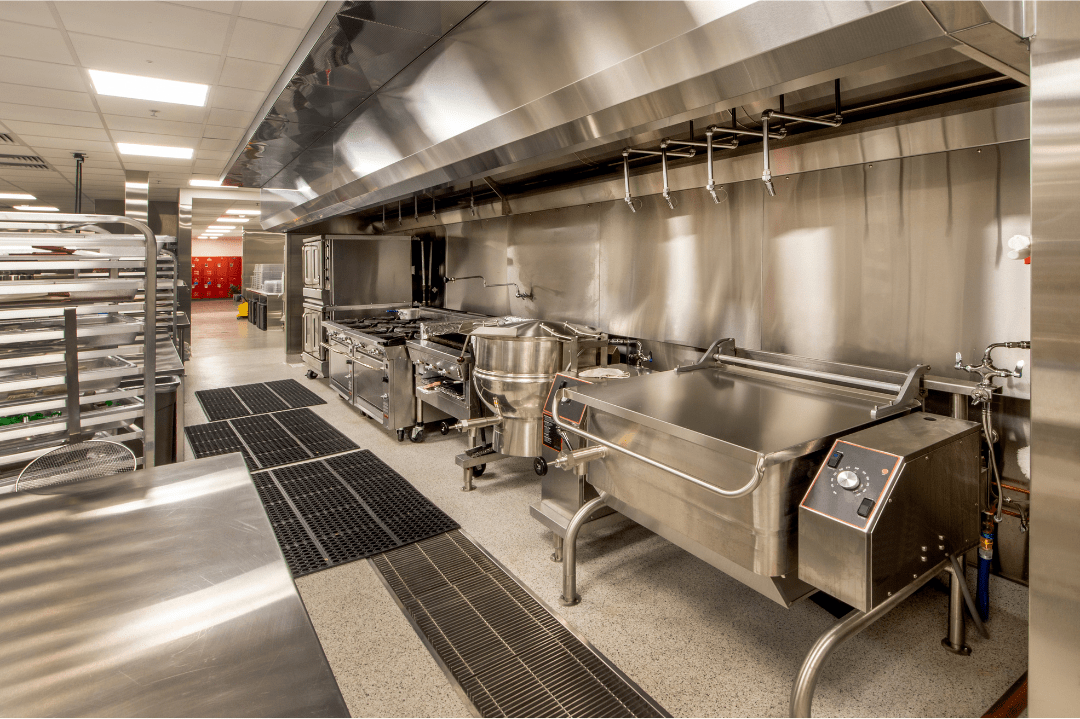
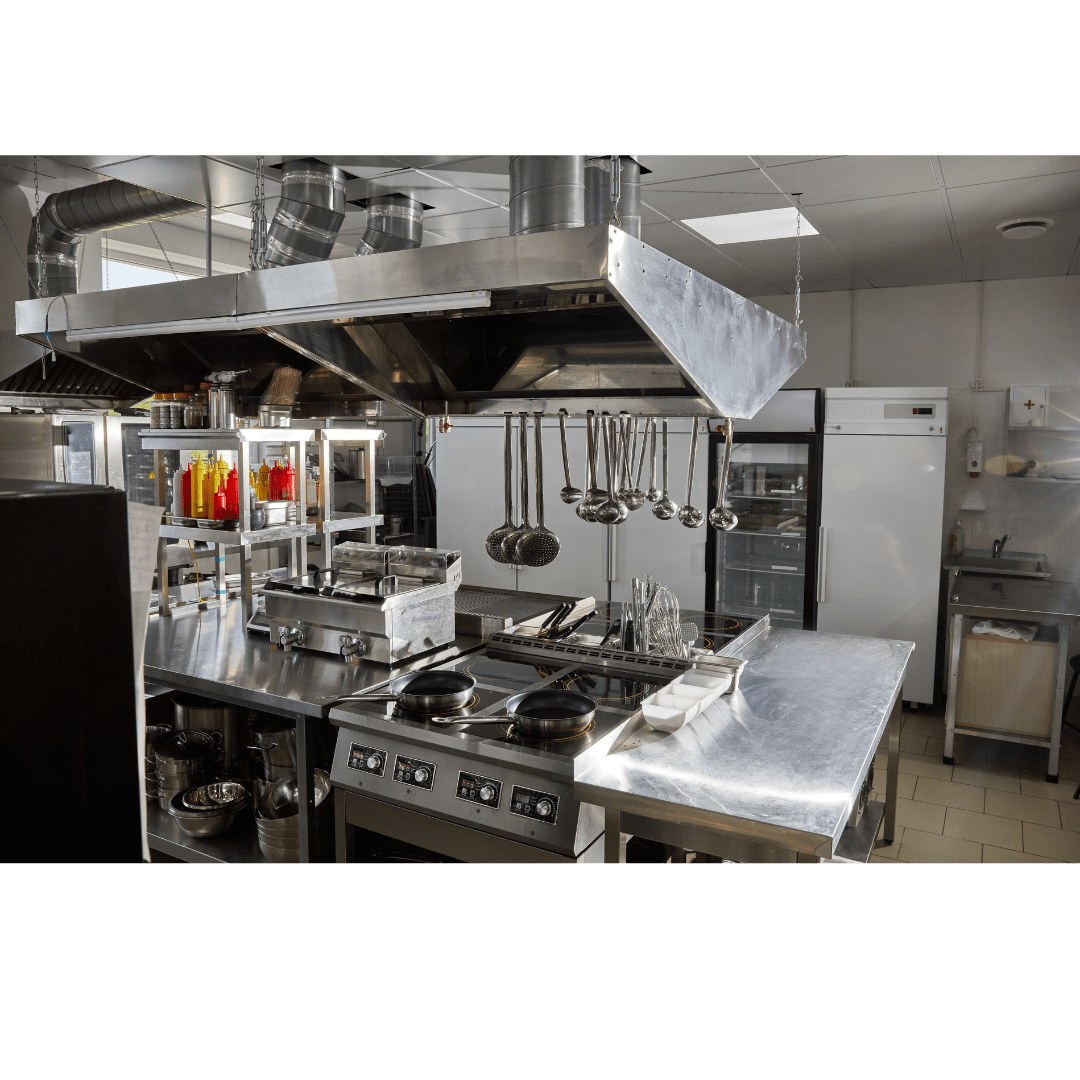
Share On: